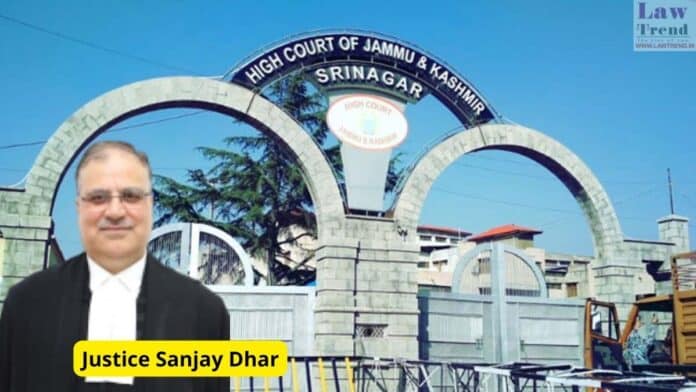In a significant ruling, the Jammu and Kashmir High Court has held that arguments made by lawyers in court, if defamatory in nature, can form the basis for criminal defamation cases against their clients. This judgment came in the case of Satya Prakash Arya v. Syed Abid Jalali (CRMC No.129/2017), delivered by Justice Sanjay Dhar.
To Read More Please Subscribe to VIP Membership for Unlimited Access to All the Articles, Download Available Copies of Judgments/Order, Acess to Central/State Bare Acts, Advertisement Free Content, Access to More than 4000 Legal Drafts( Readymade Editable Formats of Suits, Petitions, Writs, Legal Notices, Divorce Petitions, 138 Notices, Bail Applications etc.) in Hindi and English.




